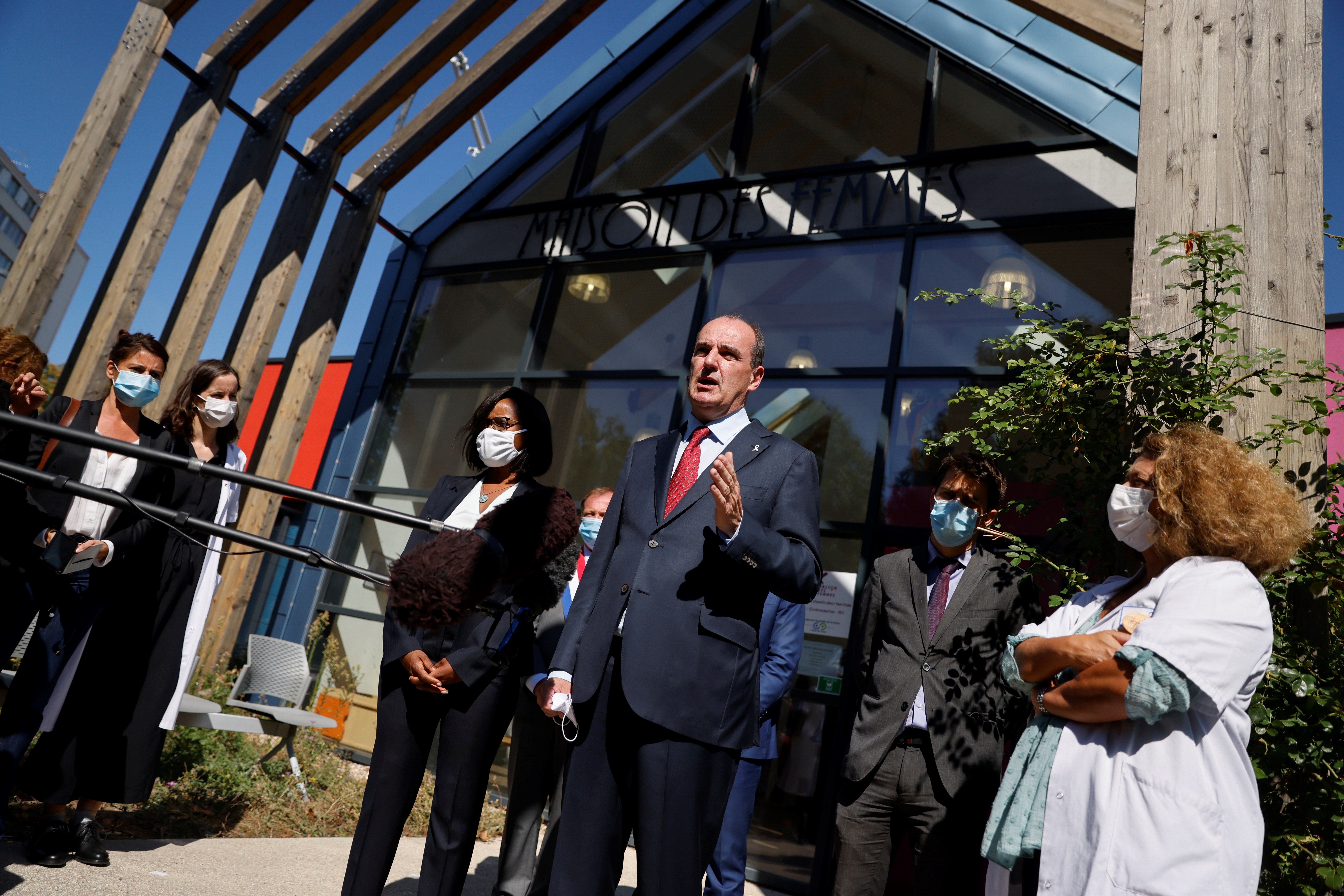The French government, led by Jean Castex, has shown up the contrast in crisis response between the administrations on either side of the Pyrenees this Thursday, with its announcement of a 100 billion euro recovery plan to be distributed over two years, to boost the economy after the devastating impact of the coronavirus pandemic. The French prime minister gave details of the plan today, saying that the total figure is "the amount our economy needs to return to our pre-crisis level of wealth by 2022," as French media reported.
Spain, on the other hand, has just reached an initial agreement to create an Agency for Economic Recovery - after prime minister Pedro Sánchez and opposition leader Pablo Casado (Popular Party) met on Wednesday. As it began to speak of an economic rescue scenario, the right-wing PP also underlined yesterday in a press conference that the plan would have to be independent in order to "depoliticize" the use of the European recovery funds, on which all expectations are focused. The specific plan is still far from seeing the light of day.
Like Spain, France has been one of the countries hardest hit by Covid-19 in Europe - with more than 30,000 dead and 293,000 infected - despite the strict 55-day lockdown imposed by the government between March 17th and May 11th. This “produced undeniable health benefits, but led to the paralysis of entire areas of our economy and arguably the worst historical recession since 1929,” said Castex.
French GDP has fallen by 19%
In fact, gross domestic product in France fell 19% year-on-year in the first half of 2020, according to the national statistics agency INSEE. The 100 billion euro package announced today will be in addition to the 470 billion euros in public spending and loan guarantees already agreed on since the coronavirus crisis erupted.
“It is preferable to temporarily lower the sums in public coffers rather than sink into austerity and let unemployment, misery and human drama explode,” said Castex. The prime minister also stressed that the French recovery plan was the "largest among European countries in proportion to national wealth."
Tax cuts, transport and the environment
The Franch PM presented the plan together with economy minister Bruno Le Maire, environmental minister Barbara Pompili, labour minister Elisabeth Borne, and secretary of state for EU affairs, Clément Beaune. The plan includes three key lines: greening the economy (30 billion euros), promoting France's economic sovereignty and competitiveness (34 billion euros) and funding "solidarity and skills" through social spending (36 billion euros).
"The plan includes 20 billion euros in tax cuts to benefit small businesses and competitiveness in manufacturing," said Castex. It also includes 6 billion euros for health infrastructure and 11 billion euros for transport (more than half of which will be dedicated to rail). "Some 9 billion euros will be used to support companies in the transition to more environmentally friendly models and 6.7 billion euros to make the existing building stock more energy efficient," he added.

